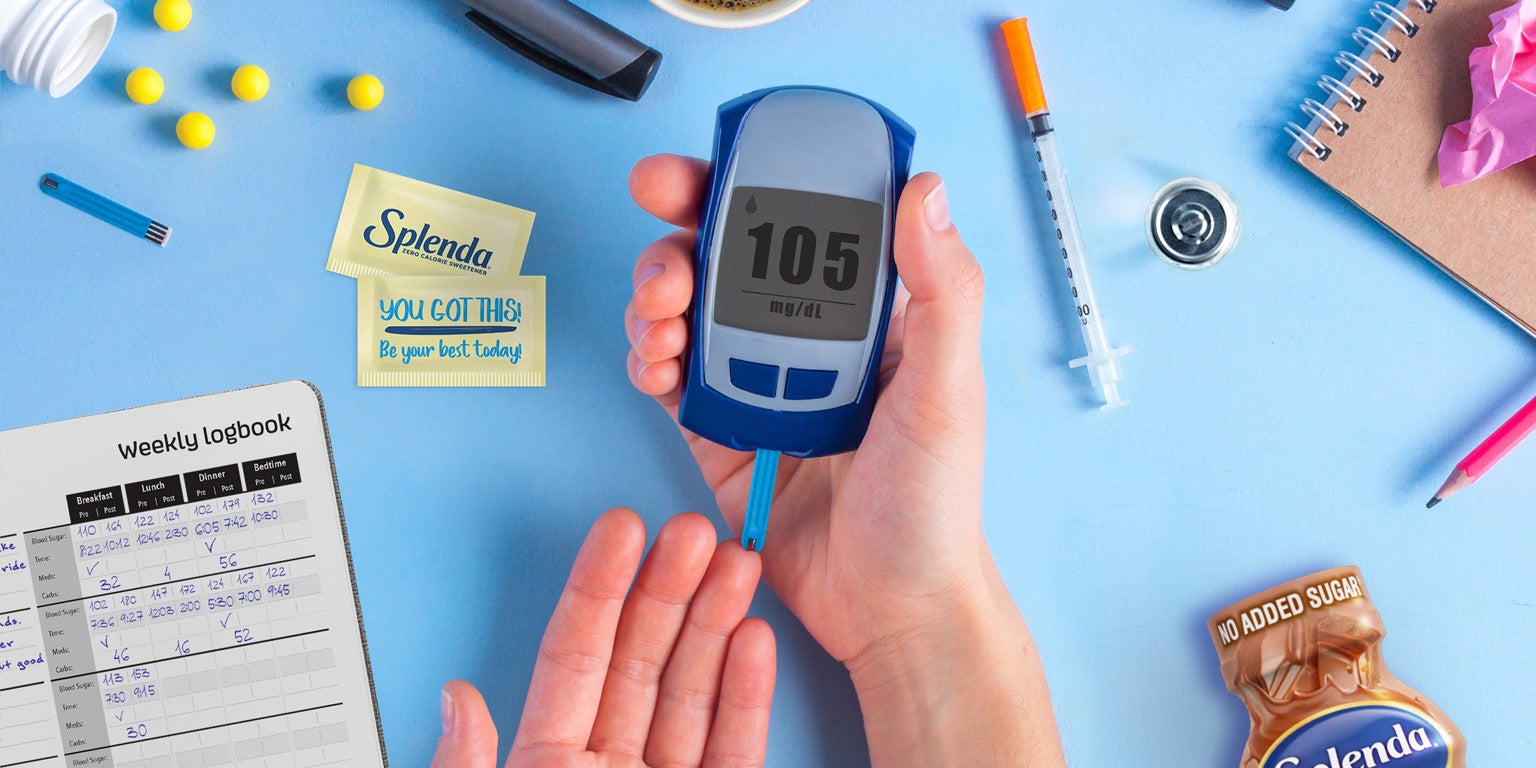
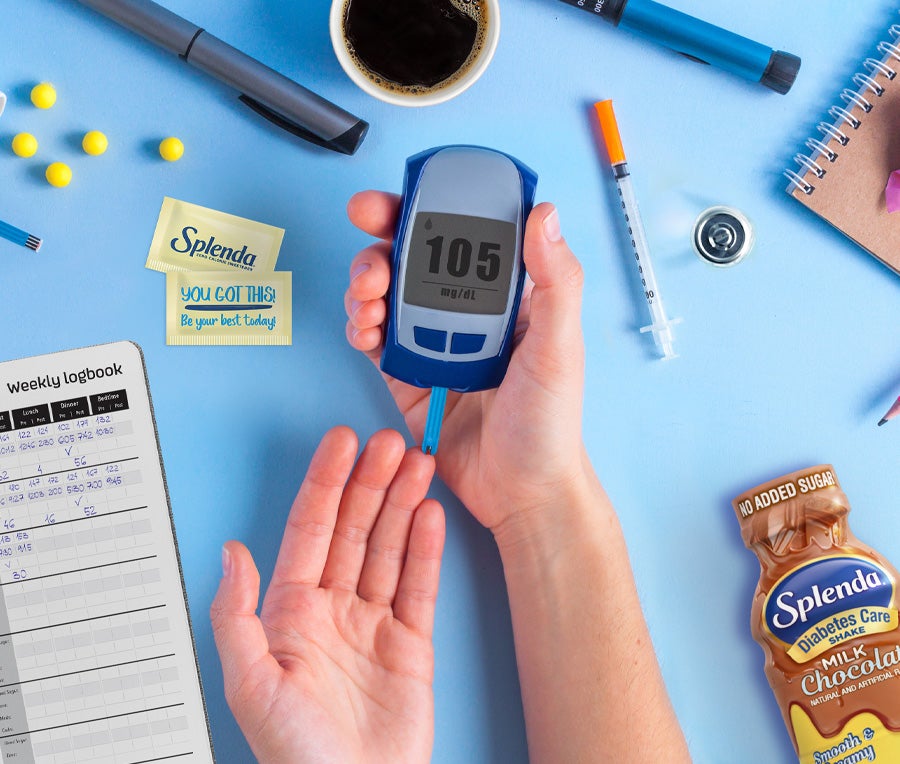
Diabetes is a condition that causes a person’s blood sugar to be higher than normal. Watch this video to understand how the body processes carbohydrates and breaks them down into sugars and how the pancreas normally makes insulin to be able to absorb those sugars and how this differs in people with diabetes.
Type 2 Diabetes
This is the most common form of diabetes. People with type 2 diabetes have insulin resistance, which means their body does not use insulin properly. Insulin is a hormone that helps keep blood sugar levels controlled. Because insulin does not work properly, blood sugar levels rise above normal.

Type 1 Diabetes
This was once known as “juvenile diabetes,” but it was later discovered that this form of diabetes can occur at any age. In people with type 1 diabetes, the insulin-producing cells of the pancreas stop making insulin. Without insulin, blood sugars cannot enter the body’s cells, and therefore, insulin must be taken to live.
Prediabetes
This is a condition in which blood sugar levels are high but not high enough to be considered diabetes. These high blood sugar levels are caused by insulin resistance. Without making lifestyle changes, such as eating a balanced diet and exercising, prediabetes is likely to progress to type 2 diabetes.
Gestational Prediabetes
This is a condition of high blood sugar levels discovered during pregnancy. Pregnancy hormones cause insulin resistance to occur in women with gestational diabetes (GDM). In most cases, the diabetes goes away after birth. However, half of women with GDM will go on to develop type 2 diabetes years later.1
Ignoring high blood sugar levels can lead to serious health consequences. Learn what those consequences are and how you can avoid them with a little help from Doc Splenda!
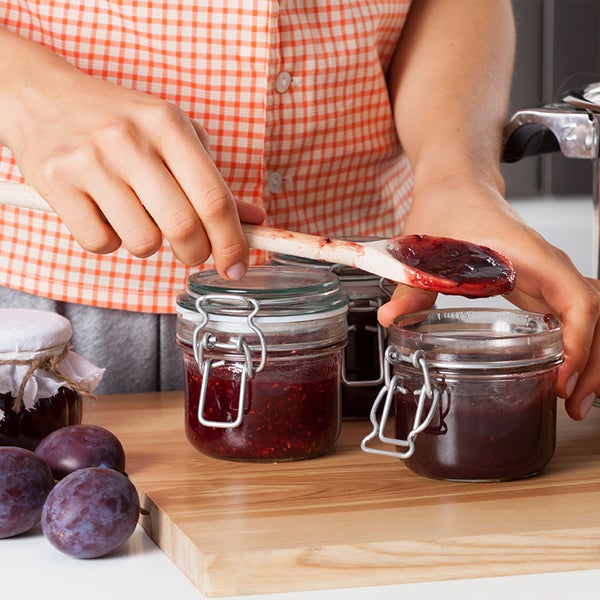
Substitute Splenda sweeteners for sugar in your favorite foods like our Triple Berry Jam recipe.

Try drinks sweetened with Splenda sweeteners like Southern Iced Tea and Mint Lemonade.

Understand the number of carbohydrates and calories in foods and beverages, then identify any sweet swaps you can make to decrease sources of added sugars.

Make homemade Splenda snack or dessert recipes, like these 4-Ingredient Peanut Butter Cookies.

To achieve the recommended 150 minutes2 of activity each week try walking, gardening, dancing, or something else you find enjoyable.
1 CDC. (2021, August 10). Gestational Diabetes. Retrieved from: https://www.cdc.gov/diabetes/basics/gestational.html#:~:text=Your%20blood%20sugar%20levels%20will,to%20develop%20type%202%20diabetes. 2 CDC. (2020, Oct 7). How much physical activity do adults need? Retrieved from: https://www.cdc.gov/physicalactivity/basics/adults/index.htm